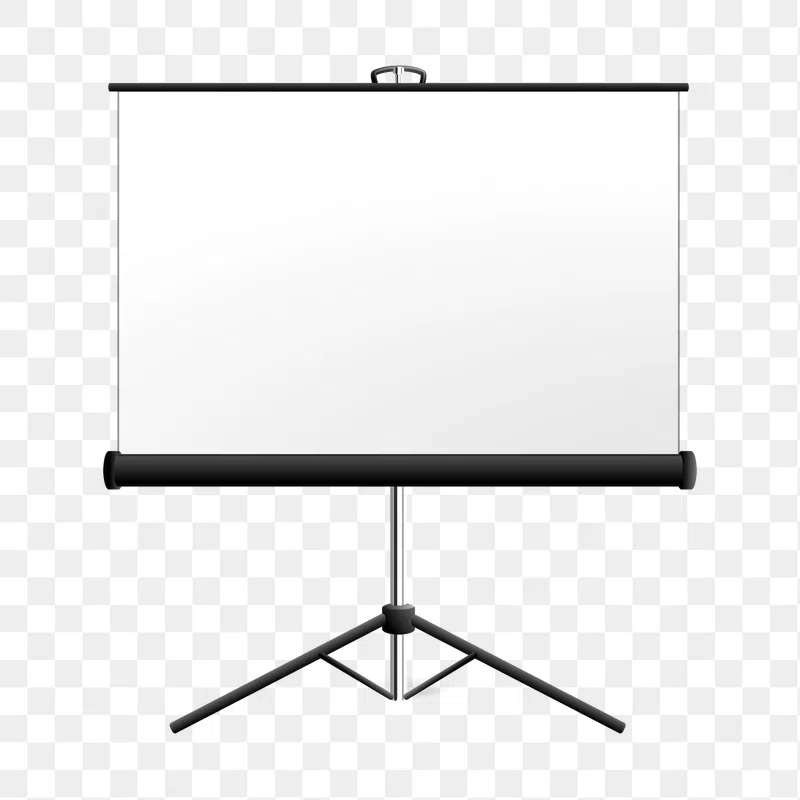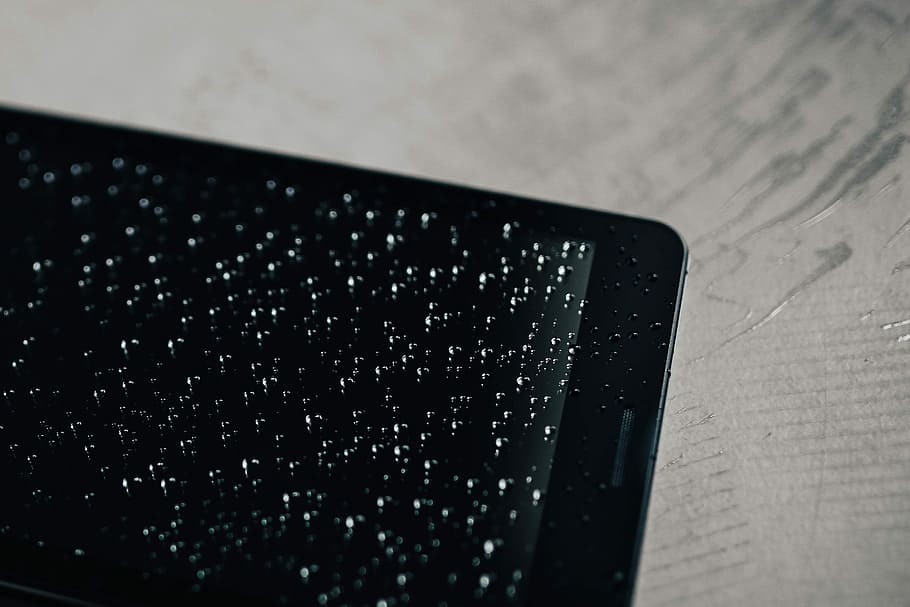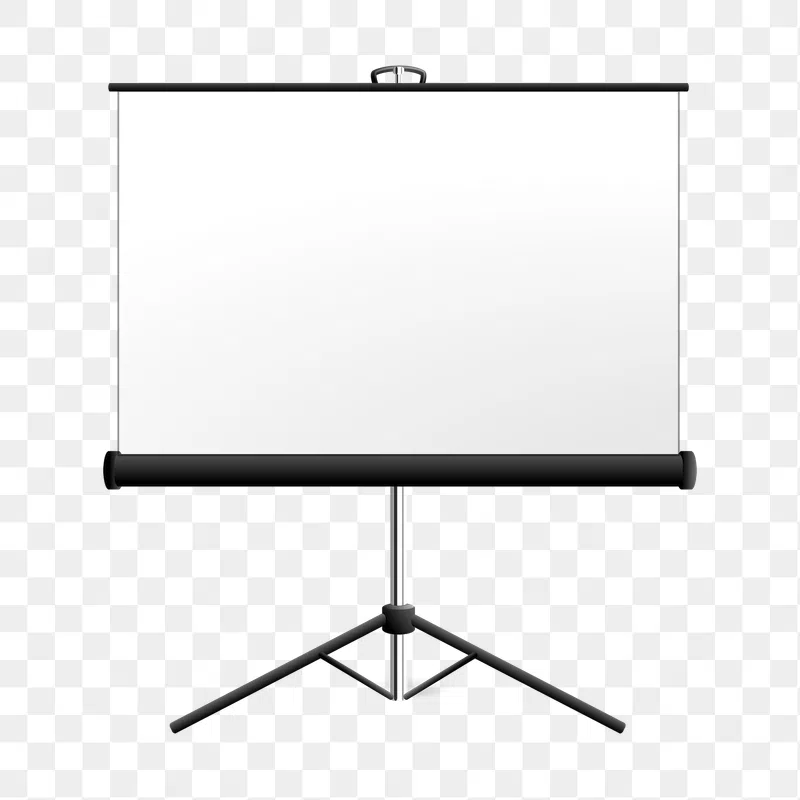
While projector screens are not inherently waterproof, their susceptibility to moisture largely depends on the material and construction. Most standard projector screens are not designed to withstand direct contact with water. However, some high-quality screens may have a water-resistant coating or be made from moisture-resistant materials.Can Projector Screens Get Wet?lets,discuss

Risks of Getting a Projector Screen Wet:
Getting a projector screen wet can result in several undesirable consequences. The moisture can seep into the screen’s fabric or coating, causing discoloration, warping, or even mold growth. Additionally, water damage may affect the screen’s reflective properties, leading to reduced image quality and clarity.
Precautions for Protecting Projector Screens:
To safeguard your projector screen from moisture damage, consider the following precautions:
- Keep the screen indoors or in a protected area away from direct exposure to rain, humidity, or water sources.
- Avoid placing drinks or water containers near the screen to prevent accidental spills.
- Install the screen at a safe distance from areas prone to moisture, such as bathrooms, kitchens, or swimming pools.
- If using an outdoor screen, ensure it is designed specifically for outdoor use and can withstand environmental elements.
- When not in use, store the screen in a dry and secure location to prevent moisture accumulation.
Waterproof Projector Screens:
For environments where moisture exposure is inevitable, waterproof projector screens offer a viable solution. These screens are specifically designed to resist water damage, allowing you to enjoy projections even in outdoor or high-humidity settings. Waterproof screens are typically made from durable materials that repel water and maintain their performance under challenging conditions.
Cleaning and Maintenance of Projector Screens:
Regular cleaning and maintenance play a crucial role in preserving the longevity of your projector screen. Use a soft, lint-free cloth to gently wipe away dust or sm edges from the screen’s surface. Avoid harsh chemicals or abrasive materials that damage the screen’s protective coating.
To clean stubborn stains, mix a mild detergent with water and dampen a clean cloth with the solution. Gently blot the stained area, being careful not to rub vigorously. Afterward, wipe the screen with a clean, damp cloth to remove any soap residue. Allow the screen to air dry completely before retracting or folding it.
Regularly inspect the screen for any signs of damage, such as tears or rips. If you notice any issues, address them promptly to prevent further deterioration. Consult the manufacturer’s instructions for specific cleaning and maintenance recommendations tailored to your projector screen model.

Conclusion:
In conclusion, projector screens are not inherently waterproof, and exposing them to moisture can have detrimental effects on their performance. It is essential to take precautions to protect your projector screen from water damage. By keeping the screen in a dry and protected environment, avoiding direct contact with liquids, and considering waterproof options when necessary, you can ensure the longevity and optimal functioning of your projector screen.
FAQs:
Q1: Can I use a regular projector screen outdoors?
A1: While it is possible to use a regular projector screen outdoors, it is important to protect it from moisture and environmental elements. Consider investing in an outdoor-specific screen or take extra precautions to shield it from rain, humidity, or direct sunlight.
Q2: Can I use water to clean my projector screen?
A2: It is generally recommended to avoid using water directly on the screen unless the manufacturer specifies it as safe. Instead, use a soft, lint-free cloth or a mild detergent solution for gentle cleaning.
Q3: Are waterproof projector screens more expensive?
A3: Waterproof projector screens may be slightly more expensive than regular screens due to the specialized materials and construction required to make them water-resistant. However, the added durability and protection they offer make them a worthwhile investment for certain environments.
Q4: Can I repair a projector screen if it gets damaged by water?
A4: Repairing water-damaged projector screens can be challenging and may require professional assistance. It is best to prevent water damage in the first place by following proper maintenance and protection guidelines.
Q5: Where can I purchase waterproof projector screens?
A5: Waterproof projector screens can be found at specialty electronics stores, online retailers, or directly from manufacturers. Ensure you research and choose a reputable brand that offers high-quality waterproof screens suitable for your specific needs.